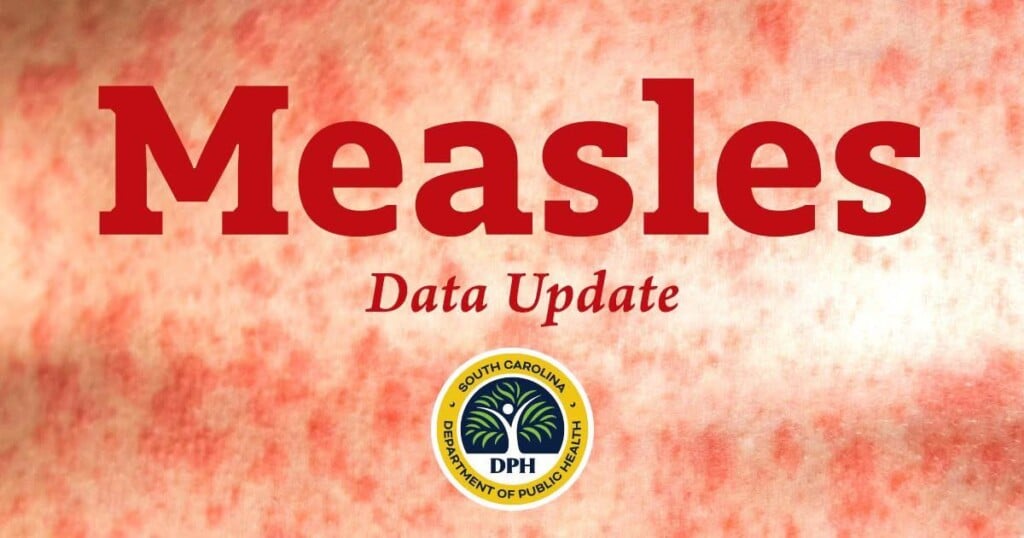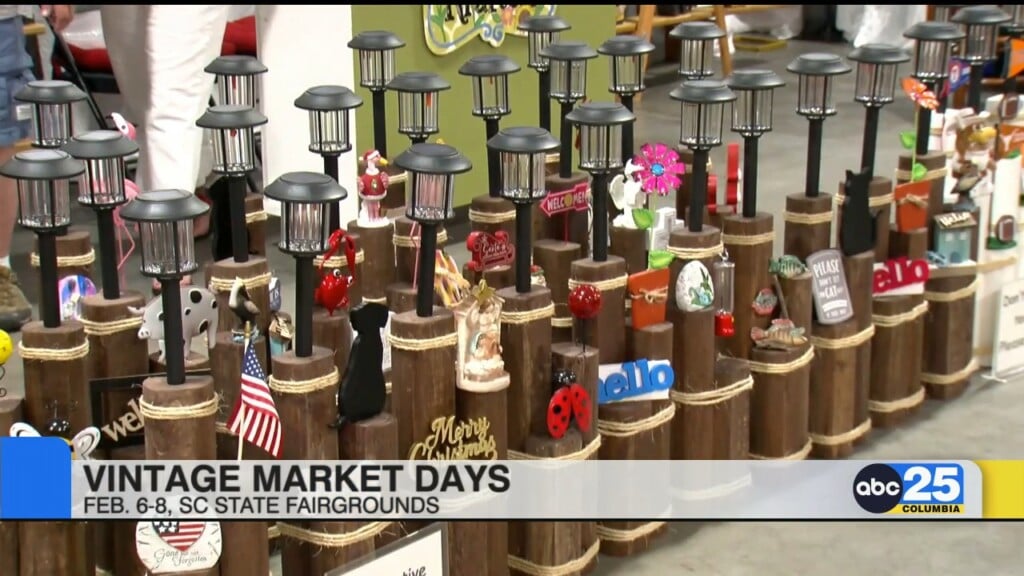Autism Awareness Month — helping those with the diagnosis feel seen, heard, and loved
COLUMBIA, SC (WOLO) — April is Autism Awareness and Acceptance Month — a time to help those with the diagnosis feel seen, heard, and loved.
On Wednesday, local health leaders held their annual “Autism Connect” event at the Brookland Conference Center in West Columbia — with over 800 people in attendance, says Autism Division Director Stephanie Turner.
“A lot of our folks with intellectual developmental disabilities, including autism, have a hard time finding employment or getting the support they need to live more independently, so this is a month we take the opportunity to restart that conversation with people,” she says.
One in 36 kids and one in 45 adults live with autism — many of those adults living independently, unnoticed by folks they meet. With cases of autism existing on such a wide spectrum, others carry more visible signs.
“Maybe they have over-the-ear headphones on, maybe they have sunglasses on inside to block out the fluorescent lights, maybe they’re chewing on other things than gum like the end of a pencil,” says Turner.
Sometimes, not always, Turner says, autism may look like delayed learning of language in children, or missing typical social cues, or not making eye contact in adults. But other times their strengths shine through — simply processing the world differently.
“There’s a study out there, they partnered with TSA agents, and they found folks with autism diagnosis were better than people without an autism diagnosis were better at finding contraband. Because they filtered out all the other people who were trying to schmooze the TSA agents, and focused on the job,” she says, find that other times people with autism excel in math and other topics that show great attention to detail.
On Thursday afternoon, the Unum Center for Neurodevelopment and the Midlands Autism Community dyed the Five Points fountain blue, in honor of autism acceptance and awareness.
Turner finds that understanding comes through education and training, saying, “They’re not asking for a special pass or special way for them. It’s just the ability to wear sunglasses inside or the ability to go to a place and not be stared at by a crowd of people. It’s everything you and I would ask for in that environment as well. So just a little more compassion, empathy and understanding of what our folks and their families go through everyday and just welcoming them into the space.”
For more information on autism, visit SC Department of Disabilities and Special Needs website here.


